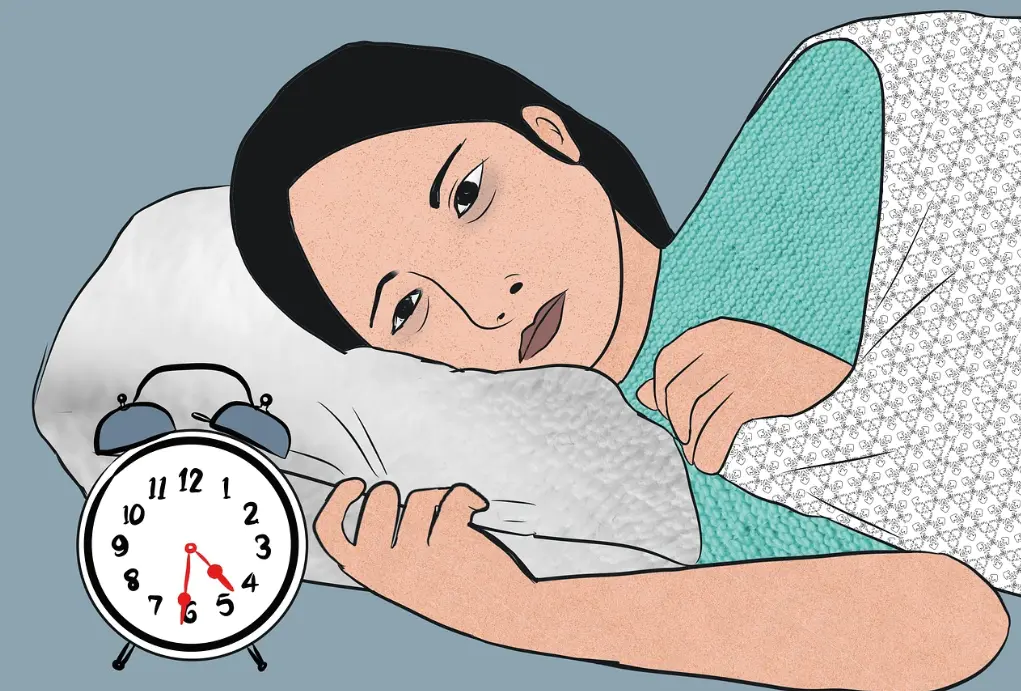Many people view self-care as an indulgent luxury, feeling guilty about “pampering” themselves or spending money on non-essential services, thinking these funds should be used for basic needs. However, self-care is much more than a sleep mask or a massage.
According to the National Institute of Mental Health (NIMH), "Self-care means taking the time to do things that help you live well and improve both your physical and mental health. In terms of mental health, self-care can help you manage stress, reduce the risk of illness, and boost your energy. Even small acts of self-care in your daily life can make a big difference."
Self-care is essential for maintaining a healthy well-being—feeling whole and enjoying a fulfilling life!
Our well-being encompasses emotional, psychological, social, physical, and spiritual dimensions. Good well-being is far more than the absence of illness. When we have a healthy sense of well-being, it positively influences how we relate to others, think, feel, and make decisions. An unhealthy well-being, on the other hand, can negatively affect every area of our lives.
Self-care promotes a healthier, happier life.
One remarkable benefit of self-care is its positive effect on hormones. Caring for both your body and mind enhances how you feel and helps maintain hormonal balance. Hormonal imbalances can cause unpleasant and harmful symptoms, such as fatigue, body aches, depression, or anxiety.
Here are four ways self-care can promote hormonal balance, leading to a healthier and happier life:
1. Self-Care Boosts Self-Confidence
Self-care enhances your confidence and self-worth by improving mood and boosting serotonin levels, which help regulate hormones like cortisol. Everyone wants to look and feel good. Healthy lifestyle habits, including exercise, balanced eating, and adequate rest, keep us fit, vibrant, and cheerful, boosting our confidence and encouraging healthier relationships.
2. Self-Care Manages Stress
Stress triggers the release of hormones like adrenaline and cortisol, disrupting the delicate hormonal balance required for optimal health. Taking regular breaks throughout the day, going on getaways, and engaging in stress-relieving activities—such as taking walks, listening to music, meditating, praying, volunteering, or participating in a faith community—can help lower stress and maintain hormonal equilibrium. Even something as simple as a warm bath before bed can help.
3. Self-Care Promotes Healthy Blood Sugar Levels
Self-care includes making healthy food choices. Eating habits are crucial for maintaining hormonal balance. Incorporating lean proteins, healthy fats, whole grains, and plenty of water into your diet while reducing or eliminating highly processed foods and sugar can help stabilize blood sugar and prevent hormone imbalances.
4. Self-Care Enhances Sleep Quality
Sleep is not just about resting to avoid fatigue. Sufficient sleep supports a healthy balance of hormones like leptin, melatonin, and cortisol. Adults need at least seven to eight hours of sleep each night for healthy hormone regulation. While you've likely heard these tips before, they're worth repeating: stick to a regular sleep schedule, avoid screens before bed, and create a calming sleep environment to encourage healthy rest.
5. Self-Care Cultivates Mindful Awareness
Practicing mindfulness through prayer, meditation, deep breathing, journaling about your emotions and faith, or full-body stretching has a positive impact on hormones like oxytocin and endorphins. These "feel-good" hormones are released when you experience love, connection, peace, and contentment.
6. Self-Care Enhances Intimacy
Physical and emotional intimacy is an important part of self-care. Hormones like testosterone, estrogen, and progesterone play a role in fostering connections with others. Therefore, engaging in healthy relationships involving physical touch, such as cuddling or holding hands, is beneficial for maintaining hormonal balance.
Prioritize self-care to keep your hormones in check. Life is much better when you feel happy and whole. Don’t resist or hesitate to take time for yourself. Listen to your body and honor its needs—whether that’s getting an extra hour of sleep or saying no to certain social commitments. Make self-care a priority if you want balanced hormones and a life full of peace, fulfillment, and joy. Taking care of your well-being is one of the best gifts you can give yourself to unlock your best life.
Taking the time to nurture yourself is not a luxury but a necessity for living a balanced and healthy life. When we prioritize our well-being, it positively impacts every aspect of our existence—physically, mentally, and emotionally. Whether it's through improving your mood, reducing stress, or fostering meaningful relationships, self-care helps you stay resilient and capable of handling life's challenges.
Making self-care a regular part of your routine doesn’t need to be complicated or time-consuming. It’s about consistently taking small steps that support your physical and emotional health, helping you manage the stresses of daily life and maintain a sense of inner peace. It’s about understanding that by caring for yourself, you can care for others and contribute to the world around you.
Don't wait for a crisis to remind you to prioritize self-care. It's not selfish—it’s essential. When you take care of your body, mind, and spirit, you empower yourself to live with vitality, joy, and purpose. So, take a moment each day to engage in activities that nourish your well-being, whether it's through rest, exercise, healthy eating, or simply taking a pause to reflect and reconnect with yourself.
Ultimately, self-care is an investment in your overall health and happiness. By adopting self-care practices that work for you, you’ll be better equipped to navigate the ups and downs of life with a balanced and positive mindset. Remember: when you take the time to care for yourself, you're better able to show up for others and live your best life.
Recent
See All2025-08-14
8 Powerful Strategies to Sharpen Your Brain for Success
2025-08-14
Navigating Life: Embrace the Journey and Let Go of Control
2025-08-14
Embrace Health & Fitness Goals That Last!
2025-08-14
Mastering Emotional Management: Practical Strategies for Emotional Regulation
2025-08-14
Simple and Effective Tips for Overcoming Insomnia
2025-08-14
Is That Mole Something You Should Really Worry About?
2025-08-14
7 Essential Tips for Maintaining Healthy Joints
2025-08-14
How Exercise Can Boost Your Mood and Reduce Stress
2025-08-14
Coach or Mentor: Which One Do You Really Need?
2025-08-14
Is Stress Impacting Your Weight? Strategies for Cultivating a Positive Attitude for Weight Management
Newsletter
Get life tips delivered directly to your inbox!












